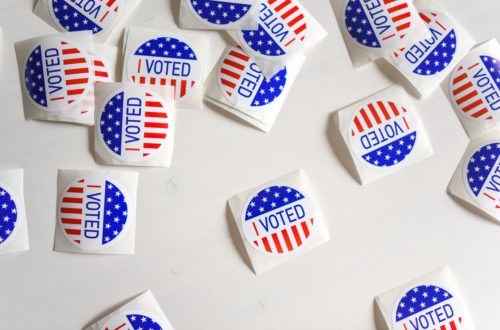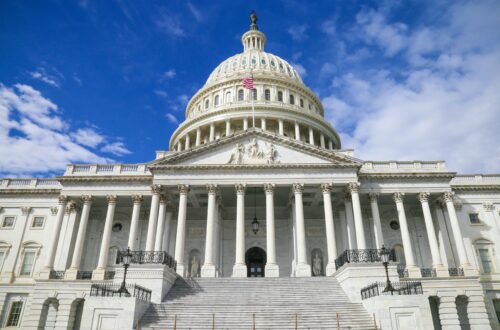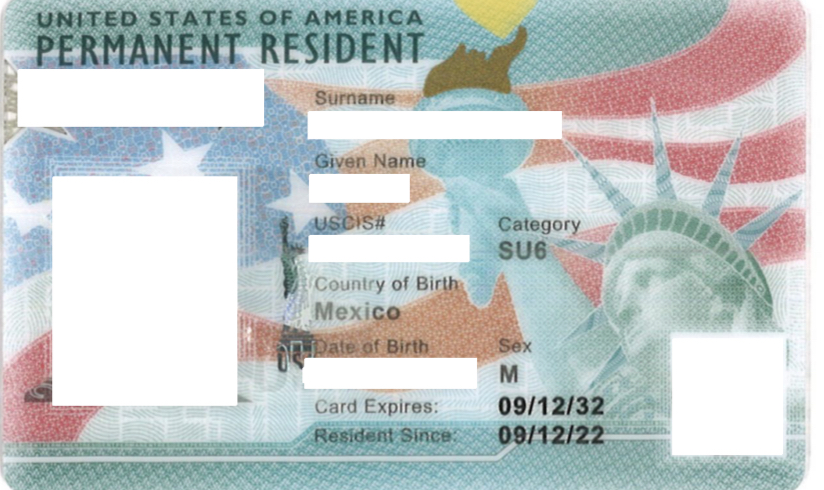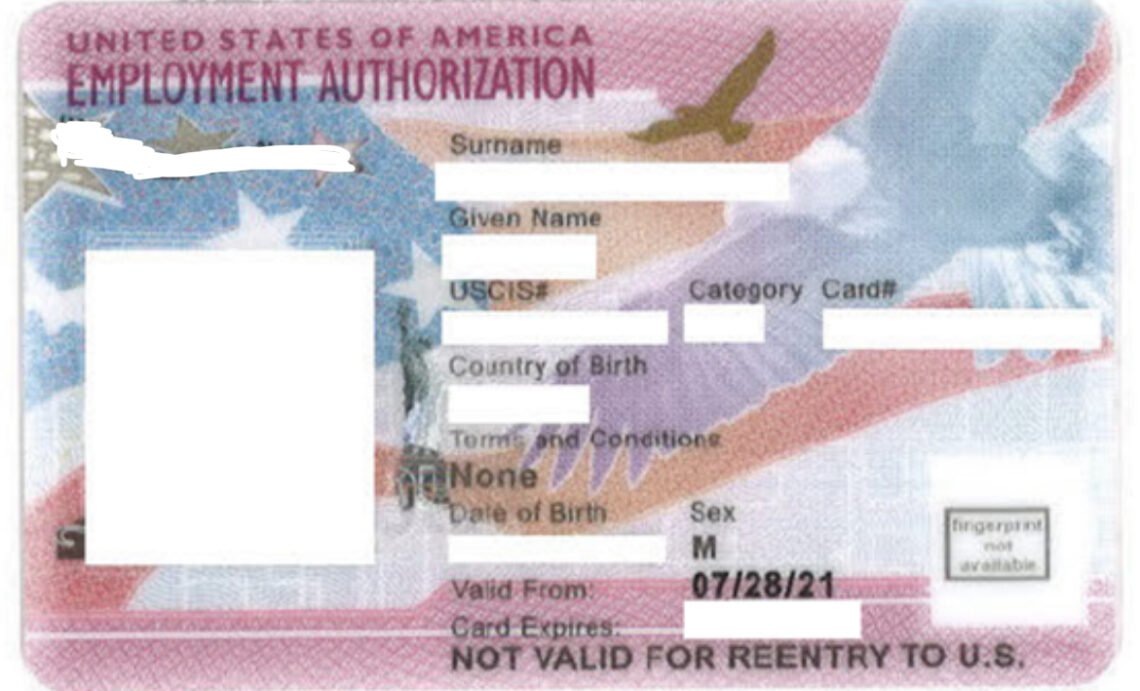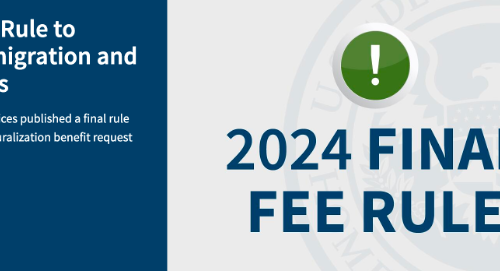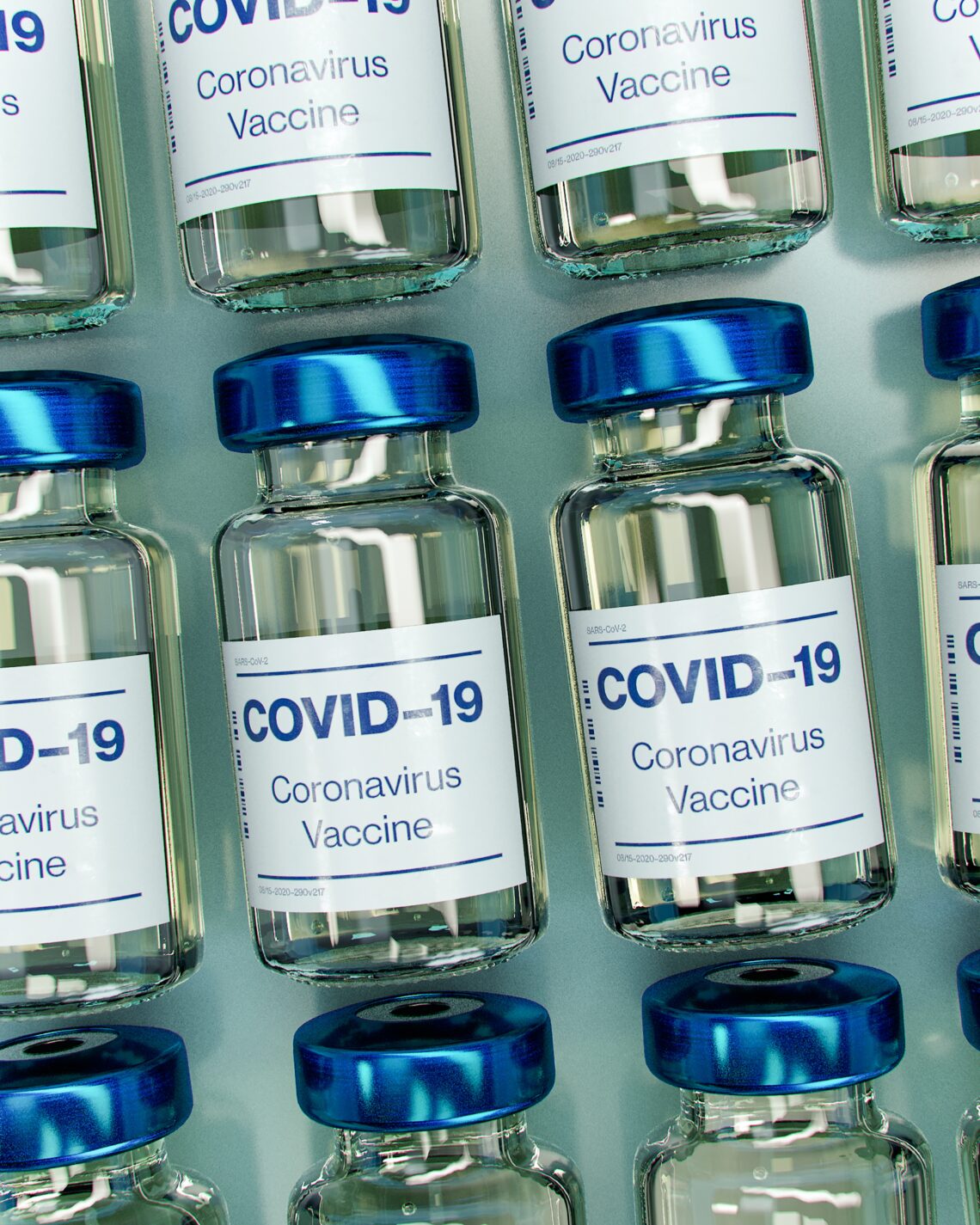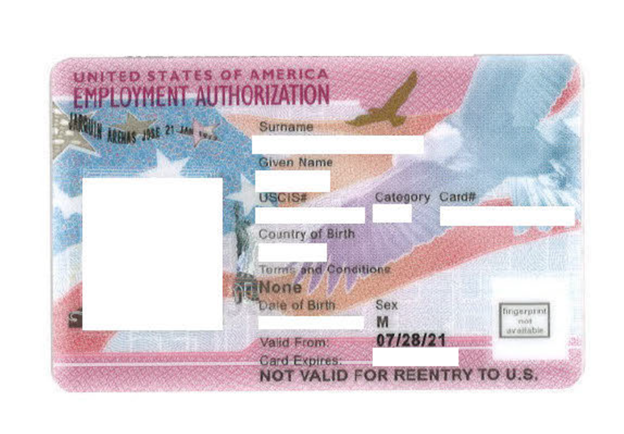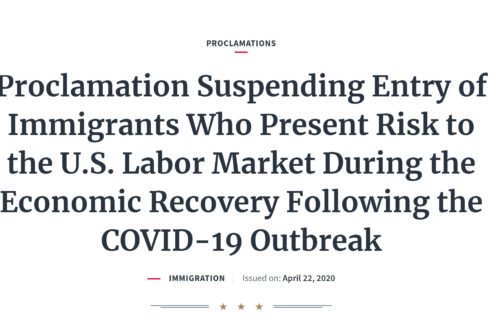-
USCIS to begin accepting applications for Biden’s Parole in Place Program on August 19, 2024
On July 17, 2024, USCIS officially announced that it will begin to accept applications for Biden’s Parole in Place Program with an aim to promote unity and stability of families. USCIS is not accepting applications right now, so don’t send it in before the August 19th date. More details about the application process will be published in something called the Federal Register, so I’ll know more once that comes out. In the meantime, here’s what you need to know: Each case will be determined on a case-by-case basis. You must:-Be present in the United States without admission or parole (meaning you entered without documents);-Have been continuously present in the United States…
-
The Department of Homeland Security Announces Parole-in-Place Process That Will Offer A Pathway to A Green Card for Undocumented Spouses of U.S. Citizens
On June 18, 2024, the Department of Homeland Security (DHS) made a big announcement and introduced a new parole-in-place process for certain noncitizen spouses of U.S. citizens who meet specific criteria. *IMPORTANT NOTE* – As of the date of this blog post, this process is NOT in effect, and there is NO application process for it yet. Do not apply for it, and if someone is telling you they can help you apply for it right now and submit an application, it is not true. Here is a summary of who would qualify for this process and what immigration benefits it will offer: If an individual qualifies for this process,…
-
USCIS Filing Fees Changing on April 1, 2024
On January 30, 2024, USCIS made this official by releasing a final rule that will result in a change of certain filing fees. Although some fees are going down, many are going up. A change in fees hasn’t occurred since 2016. USCIS says that this change will help improve efficiency, reduce backlogs), and ensure that applications are timely processed. You can read the full USCIS announcement here. Currently, the filing fee for filing a marriage-based adjustment of status green card application is $1760 for everything (petition, green card application, work permit application, and travel document). Starting April 1, 2024, the filing fees will be as follows depending on if you…
-
Updates on U.S.-Mexico Border Changes Since Title 42 Has Expired
With the expiration of Title 42, a rule that allowed officials to turn away migrants due to the COVID-19 pandemic, the United States government has implemented new measures regarding immigration at the U.S.-Mexico border. They will use a faster process called expedited removal to deport migrants quickly. Expedited removal is the quick deportation of migrants who do not qualify for asylum or other forms of relief to stay in the United States. For migrants who do to reach the southern U.S. border, additional regulations have been put in place. They are now required to schedule an appointment using the CBP One phone app to claim asylum. Also, if they failed…
-
USCIS Extends Green Card Extensions to 24 Months For Green Card Renewals
On September 28, 2022, USCIS announced effective September 26, 2022, they will automatically extend green cards for an additional 24 months for those who have filed for a renewal. Green card holders who have applied to renew their expired or expiring green cards will receive a 24-month extension notice, which used to be 12 months. For those who applied for renewal prior to September 26, USCIS should be sending new receipt notices to reflect the 24-month extension. To renew a green card, the earliest a renewal can be sent is within 6 months before the current green card expires. Almost all green card renewals are never approved within 6 months…
-
USCIS Updated Policy on the 3-Year and 10-Year Unlawful Presence Bars
On June 24, 2022, USCIS issued new guidance on the 3 and 10-year bars and green cards, but this new policy will only apply to a limited group of people. You can go read my post here that goes into detail about these unlawful presence bars. A brief summary of the 3 and 10-year bar is this – if a person has been in the U.S. beyond their authorized period of stay for more than 180 days but less than a year and they leave, they will be barred from coming back to the U.S. for 3 years. If the person stays for more than 1 year beyond their authorized…
-
USCIS to Offer Premium Processing for Certain I-765 EAD Applications (Work Permits)
USCIS published a final rule called Implementation of the Emergency Stopgap USCIS Stabilization Act in the Federal Register at 87 FR 18227 (March 20, 2022). This rule went into effect on May 31, 2022. One of the provisions in this rule is the option for people to pay an optional premium processing fee (it’s an expedite fee) to get their work permits processed sooner. However, the payment of the premium processing fee is not available for work permit applications yet and will become available once USCIS completes all the necessary logistical steps to get it implemented. USCIS stated that it plans to implement this in the fiscal year 2022. See…
-
Employment-Based Immigration, Family-Based Immigration, Green Card, Lawful Permanent Residency, Policy Change, U.S. Citizenship
Why Could Your Case Be Taking So Long? USCIS Processing Delays Remain at Crisis Level
Nationwide, you and millions of families, businesses, and individuals applying for immigration benefits are waiting longer for U.S. Citizenship and Immigration Services (USCIS) to process and approve applications and petitions. Based on previously available USCIS data, in Fiscal Year (FY) 2014, an average case took about five months to process. In FY2020, an average case took more than nine months. Anyone who files applications or petitions with USCIS is affected. You and other people applying for family-based benefits, employment-based benefits, naturalization, travel documents, and employment authorization are all experiencing delays. Between FY2017 and FY2019, USCIS’s processing times for all petitions and application form types rose more than 37%. The dramatic…
-
Employment-Based Immigration, Family-Based Immigration, Green Card, Lawful Permanent Residency, Policy Change
COVID-19 Vaccines Will Be Required for Green Card Applicants Starting October 1, 2021
Starting October 1, 2021, U.S. Citizenship and Immigration Services (USCIS) and the U.S. Department of State will require COVID-19 vaccinations for all applicants applying for refugee or lawful permanent residence, with some exceptions. All applicants who receive their medical examination ON OR AFTER October 1, 2021, must complete the COVID-19 vaccine series and provide documentation of vaccination. This change will impact anyone who completes the medical exam ON OR AFTER October 1, 2021. If the exam is completed BEFORE October 1, 2021, and it remains valid, the COVID-19 vaccine will not be required. Waivers for the vaccine may be available in these scenarios: -Not age-appropriate -Contraindiction – a reason for…
-
Quicker Work Permits for U Nonimmigrant (U Visa) Petitioners and Qualifying Family Members
On June 14, 2021, USCIS issued a policy alert that will give principal petitioners (the main applicant) and qualifying family members with pending and valid U visa petitions work permits. To find out what a U visa is, you can go to my blog post here. The terms U nonimmigrant status and U visa are often used interchangeably but generally refer to the same immigration benefit. For purposes of this post, I will use the term U visa since that is the term that most people are familiar with. For anyone who has applied for a U visa, there is a huge backlog. I remember when I first started working…

